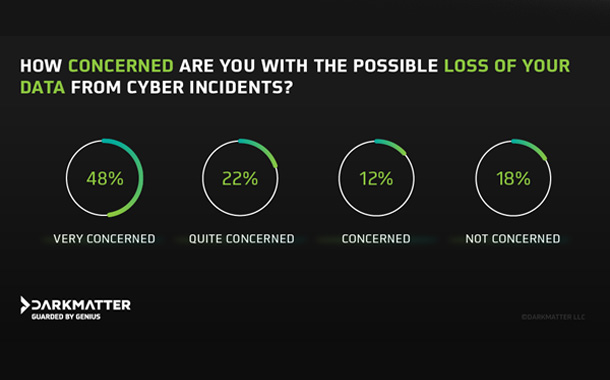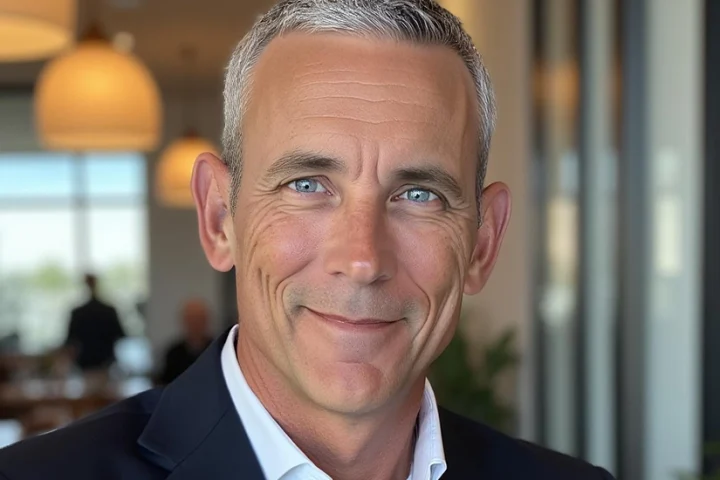According to a recent survey conducted by DarkMatter, 48% of polled respondents are very concerned with the possible loss of their data from cyber incidents, compared to 18% who are not. Respondents who described themselves as being at least quite concerned by the prospect of data loss accounted for 70% of all responders.
The issue of consumer trust in a digital age has been brought sharply into focus in recent weeks given Facebook’s admission of passing along the personal information of tens of millions of user accounts to a third-party without users’ explicit knowledge.
Digital transformation is changing the way we live and work for the better, though we are witnessing the emergence of a type of ‘tech tension’ as a result. This refers to a strain that has been created between the obvious and significant gains being enabled by digitisation and the resulting widening cyber threat surface as a consequence of increased connectivity and digital intelligence.
In the DarkMatter survey, 26% of respondents admitted to having been a victim to a cyber-attack in the last 24 months, with 44% stating they had not been, and the remainder not being sure one way or the other. Given that individuals and organisations often remain unaware they have fallen prey to cyber incidents, it is reasonable to expect that the number of respondents having suffered some kind of cyber incident in the last 24 months is higher than respondents’ estimates.
Nearly half of all respondents identified people as the most likely cause of cyber compromise, with a third identifying technology, and less than 20% believing it is a result of processes.
In findings that run contrary to the expanding modern cyber threat landscape, 43% of respondents said they believe cyber defences are keeping pace with the rise of cyber threat vectors, with only a quarter of respondents believing they are not. We believe this outlook may partly explain why, despite organisations spending billions of dollars a year on cyber security defences, the number and impact of cyber breaches continues to rise.
















